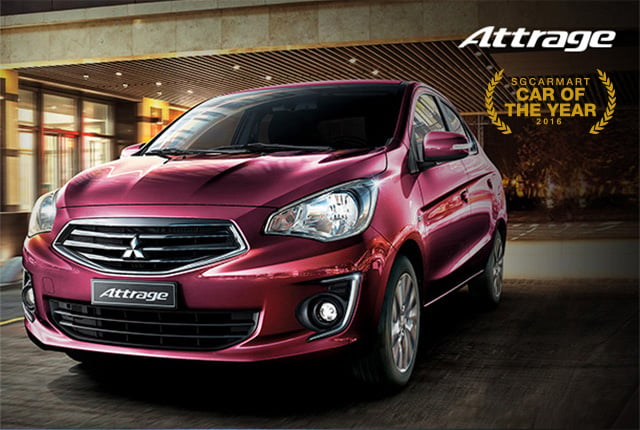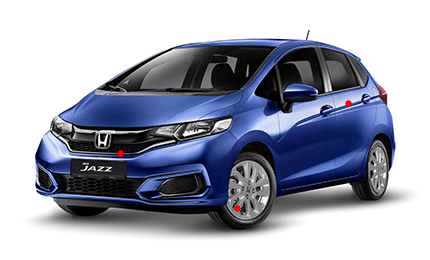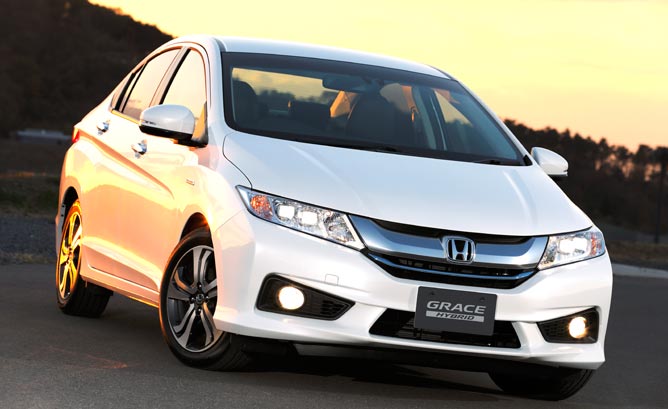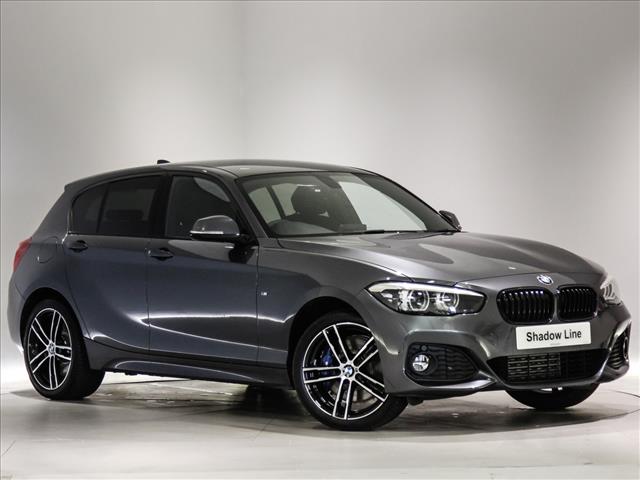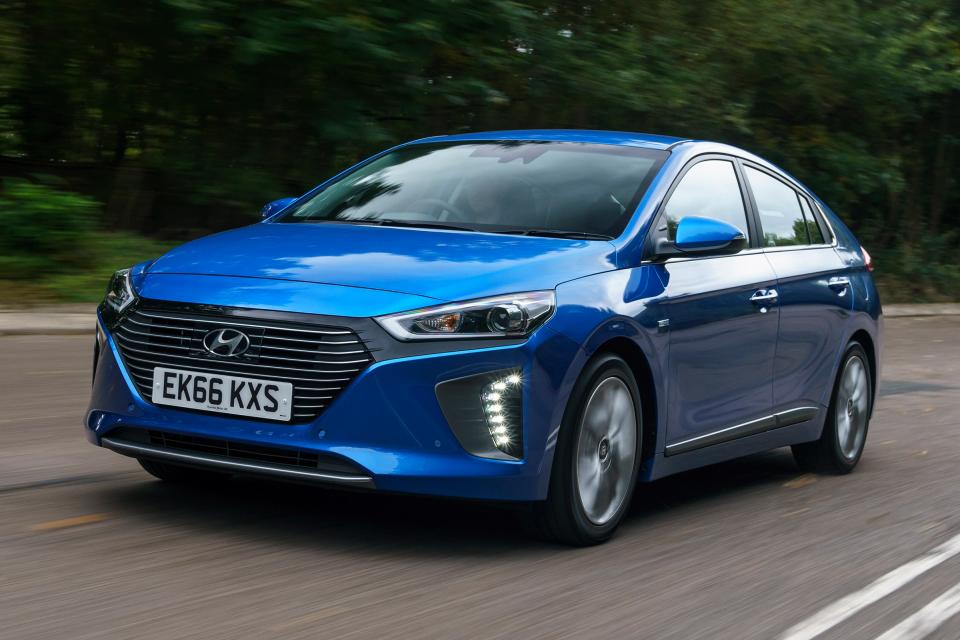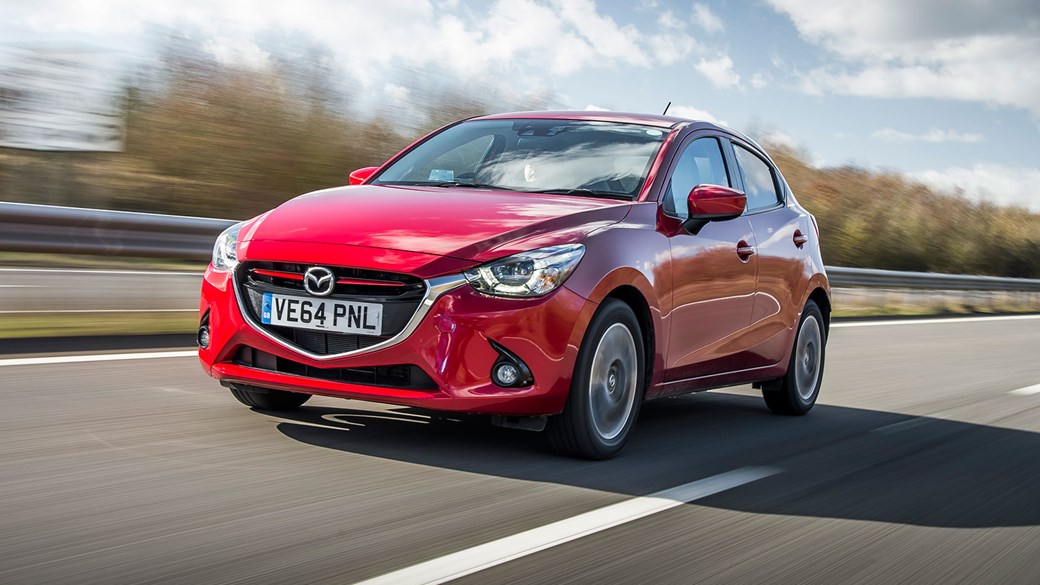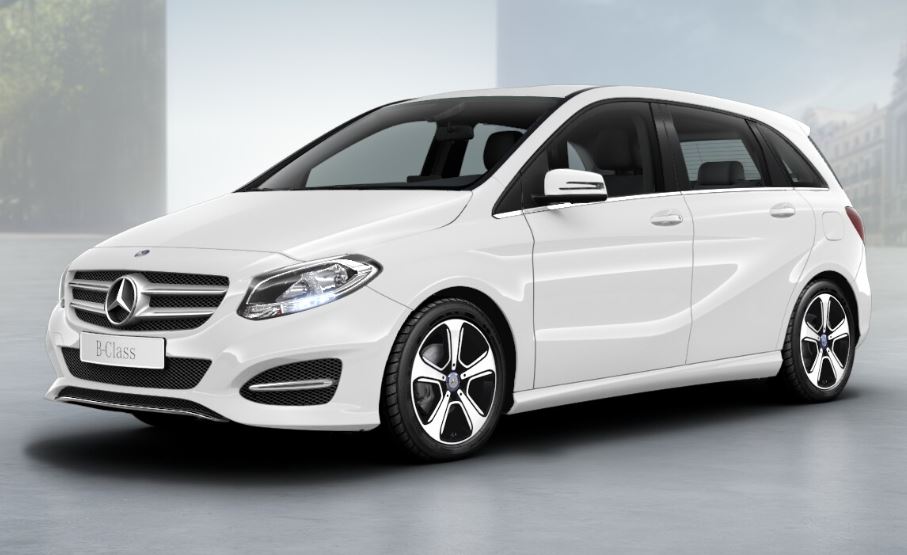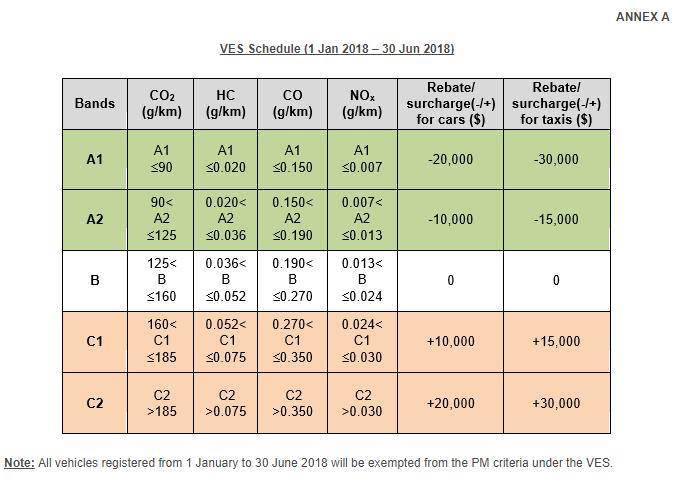Vehicular Emissions Scheme (VES) Will Offer Up To $10,000 In Rebates For Eligible New Cars In Singapore
Starting Sunday (1 Jul), newly registered cars in Singapore will be subjected to the new Vehicular Emissions Scheme (VES), replacing the previous Carbon Emissions-Based Vehicle Scheme (CEVS).
Here’s a quick glance at some popular car models that qualify for tax rebates under the new scheme:
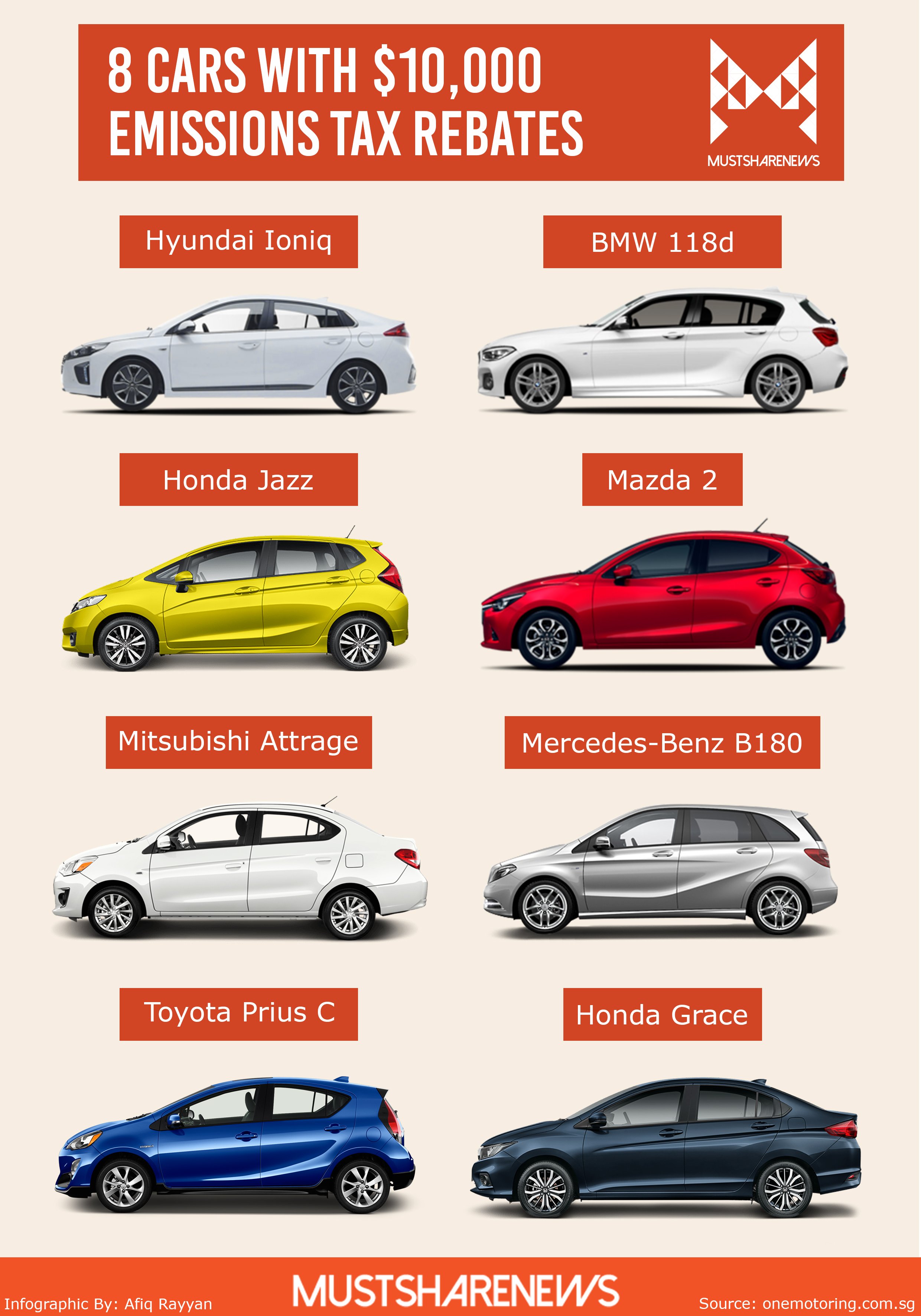
With rebates offered for more environmentally-friendly cars, perhaps now would be a perfect time to get that green car you always wanted.
Here’s a closer look once again at some of the cars that qualify.
8 Car Models That Will Receive VES Rebates
1. Mitsubishi Attrage 1.2 CVT
VES Band: A2
Rebate received: $10,000
2. Honda Jazz 1.3
VES Band: A2
Rebate received: $10,000
3. Honda Grace Hybrid DX
VES Band: A2
Rebate received: $10,000
4. Toyota Prius C Hybrid
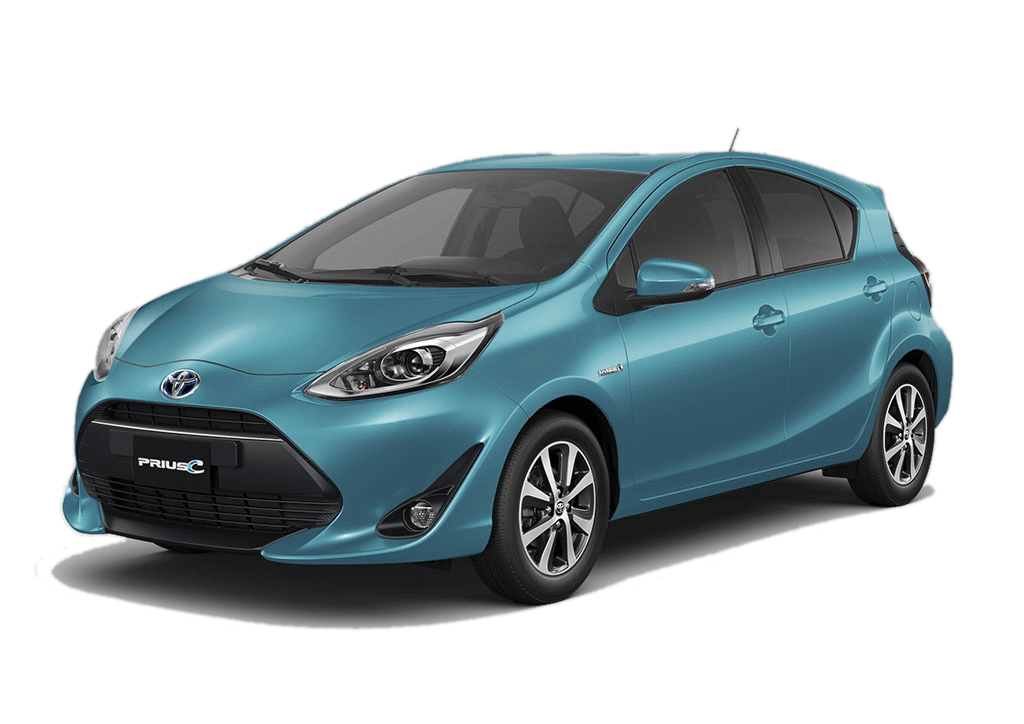
VES Band: A2
Rebate received: $10,000
5. BMW 118d
VES Band: A2
Rebate received: $10,000
6. Hyundai Ioniq
VES Band: A2
Rebate received: $10,000
7. Mazda 2 Sedan/Hatchback
VES Band: A2
Rebate received: $10,000
8. Mercedes-Benz B-Class 180
VES Band: A2
Rebate received: $10,000
How are cars graded under the VES?
To understand how what the VES comprises of, let’s take a closer look at how cars are graded.
While CEVS only assesses the amount of carbon monoxide discharged by vehicles, VES will categorise cars under various “bands” according to four different pollutants, according to LTA.
These pollutants include:
- Hydrocarbons
- Carbon monoxide
- Nitrogen oxides
- Particulate matter
As a result, newly registered cars can enjoy rebates of up to $20,000.
Tax rebates for new taxis on the other hand, could skyrocket to a whopping $30,000.
Where are the $20,000 rebate cars?
If you have gone through the list above, you would have realised that not one of those cars are graded A1 or the highest tier in the VES.
The reason is not because we’re hiding those cars from you, but because there’s yet to be car that has attained the A1 VES grade.
At least according to OneMotoring.com‘s cost of cars registered in May 2018 list.
Go figure.
A possible answer to this mystery could lie in one specific type of vehicle — electric cars.
Electric cars do not produce any harmful pollutants, but they are still charged for the amount of pollutants that were released as a result of creating the power needed to charge them.
We’re still waiting with bated breath until July’s list is released.
Featured image by MustShareNews.

